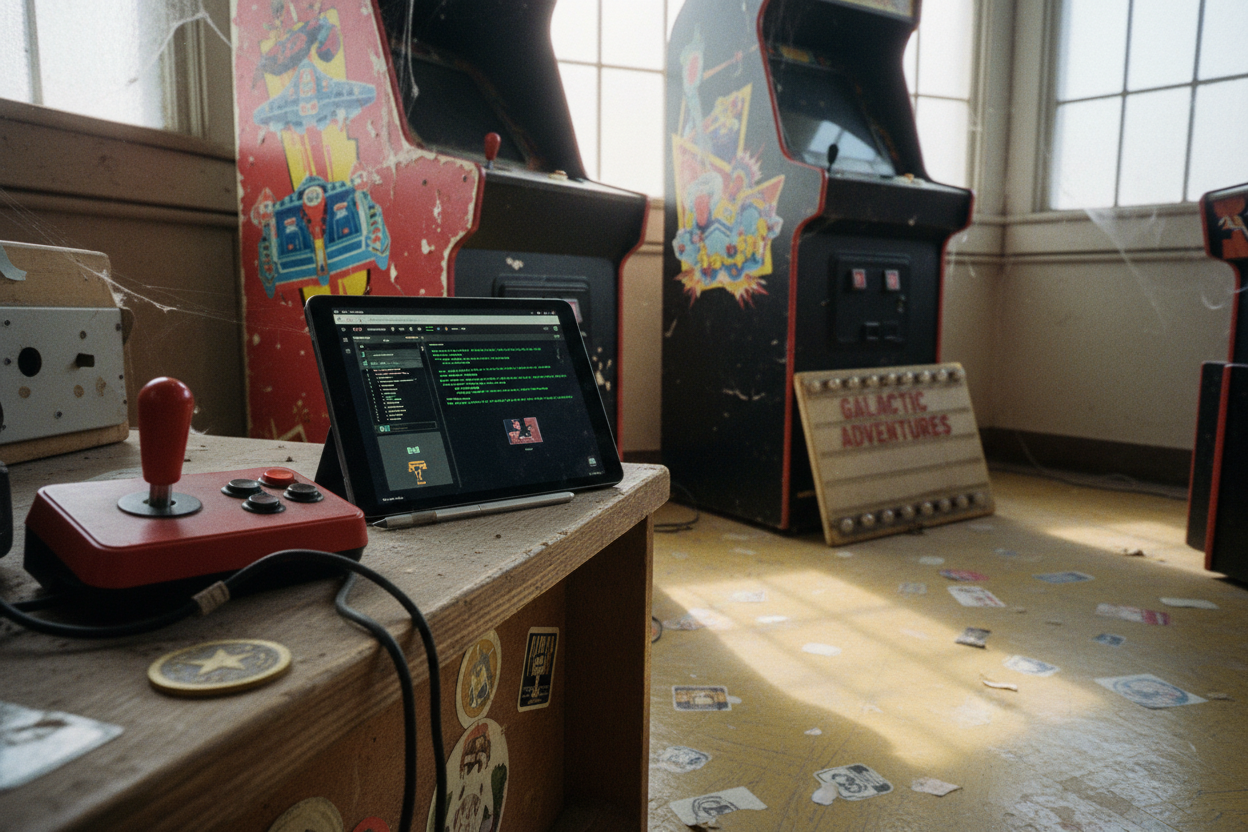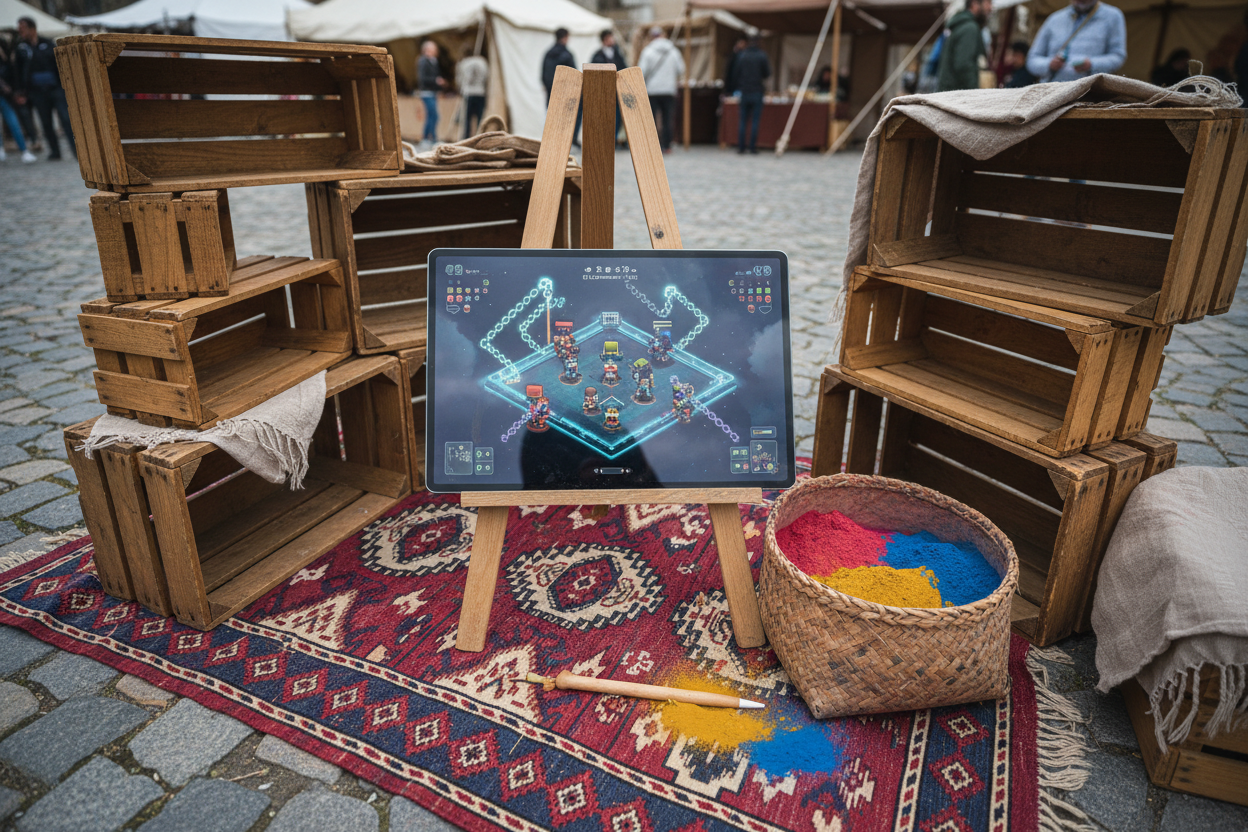Building Real-Time On-Chain Worlds: The Tech Behind Block Stranding and Monad Games
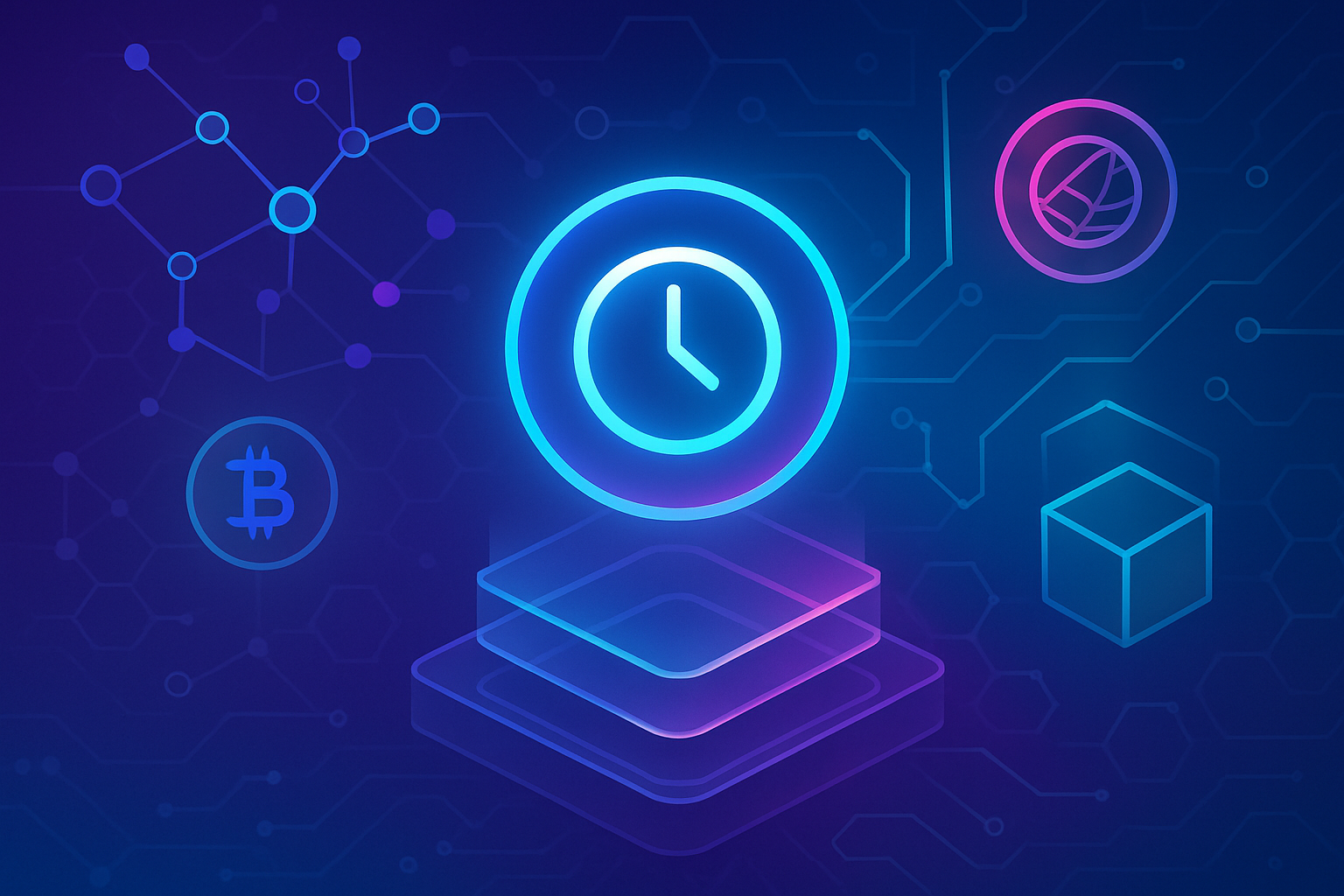
What happens when you combine the raw speed of next-gen blockchains with the creative ambition of real-time, fully on-chain MMORPGs? You get the bleeding edge of Web3 gaming: projects like Block Stranding on Solana and Monad Games on Monad. These aren’t just incremental upgrades to blockchain games – they’re a full-on paradigm shift, where every move, battle, and resource trade is a verifiable on-chain event. Let’s unpack how these tech stacks are setting new standards for what’s possible in decentralized gaming.
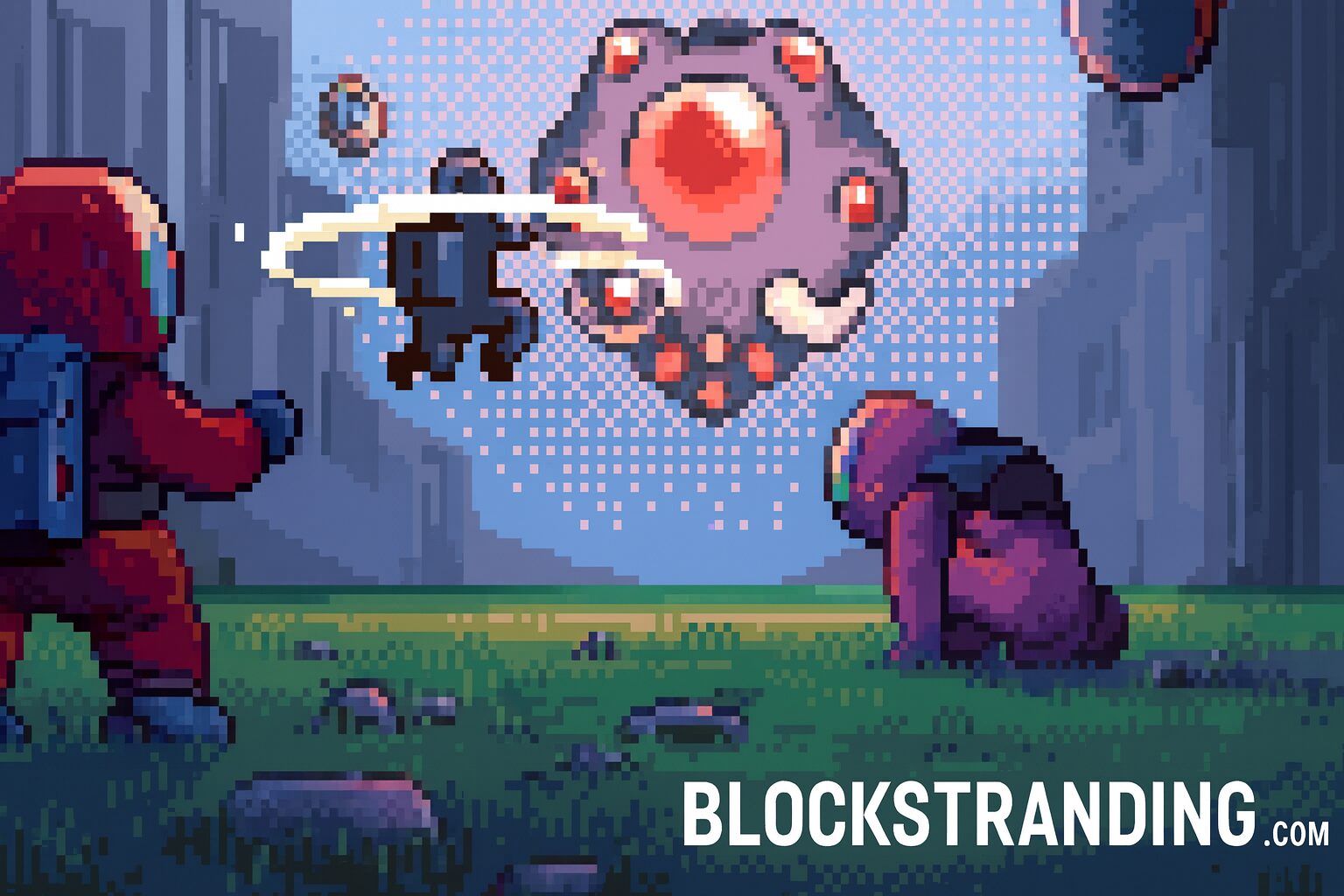
Block Stranding: The First Real-Time On-Chain MMORPG on Solana
If you’ve been following the evolution of blockchain gaming, you know most so-called “on-chain games” are little more than DeFi with a UI skin. Block Stranding flips that script. This game is built from the ground up as a fully on-chain MMORPG, running every in-game action as a live transaction using Solana’s high-throughput infrastructure and its custom MagicBlock engine.
The result? Zero-fee, 10ms latency gameplay. That’s not just fast for blockchain – that’s fast for any online game. During its first stress test, Block Stranding clocked over 100 TPS while supporting massive multiplayer interactions. We’re talking real-time movement, combat, and resource trading – all cryptographically secured and transparent.
This isn’t just hype. As Goodbit put it: “Block Stranding isn’t just a game, it’s a declaration of what Web3 gaming can truly become. ” The experience feels closer to classic MMOs than anything we’ve seen in crypto so far – except here, your loot, land, and actions are all provably yours.
Monad Games: EVM-Compatible Speed Demons
While Solana powers Block Stranding’s seamless world, Monad is gunning for the title of most performant EVM-compatible Layer 1 out there. With parallel execution across multiple virtual machines and asynchronous block processing, Monad can push up to 10,000 TPS with 0.5-second block times – all while remaining fully Ethereum-compatible.
This is huge for developers who want to build high-speed games without sacrificing composability or decentralization. Take the MONAD Chain Game as an example: lightning-fast card battles with sub-second move confirmations, minimal gas fees, and all the transparency you expect from an on-chain app. Monad’s optimized MonadBFT consensus protocol ensures single-slot finality, meaning your moves are locked in and visible to everyone almost instantly.
The Tech Stack That Makes Real-Time On-Chain Worlds Possible
The secret sauce behind both Block Stranding and Monad Games is their commitment to real-time on-chain execution. This isn’t just about speed – it’s about enabling persistent worlds where player actions are permanent, transparent, and immune to server shutdowns or admin rollbacks.
- MagicBlock Engine (Block Stranding): Handles zero-fee transactions at 10ms latency on Solana.
- Parallel and Asynchronous Execution (Monad): Executes multiple transactions and blocks simultaneously for ultra-fast throughput.
- Optimized BFT Consensus: Single-slot finality means no waiting for confirmations – your actions are live.
This architecture unlocks true player ownership and emergent gameplay – think create-to-earn economies and sprawling MMO worlds where every item and quest is on-chain. And with platforms like Monad aiming for Ethereum compatibility at breakneck speeds, we’re seeing the first serious contenders to traditional gaming servers emerge from the blockchain ecosystem.
Developers and players alike are starting to realize the gravity of this shift. With Block Stranding, the days of “fake on-chain” games, where only asset transfers hit the blockchain, are numbered. Here, every in-game action, from crafting a tool to battling a mutant, is a cryptographically verifiable event. That means no more hidden admin powers, no more rug pulls: if it happens in-game, it’s on-chain for all to see. The MagicBlock engine’s zero-fee model also sidesteps the transaction cost headaches that have plagued Ethereum-based titles.
Key Real-Time On-Chain MMORPG Features Powered by Solana & Monad
-
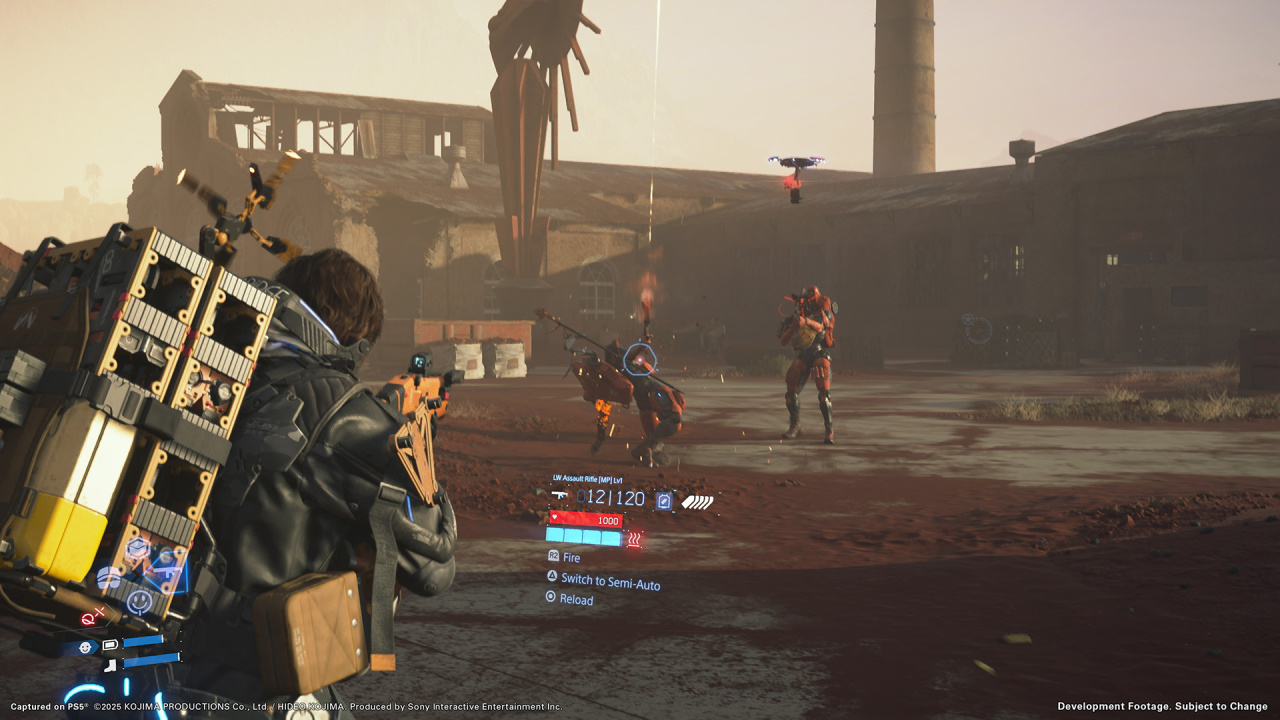
Seamless Real-Time Gameplay: Block Stranding delivers instant, on-chain actions with 10ms latency and zero fees, thanks to Solana’s high-throughput blockchain and the MagicBlock engine.
-
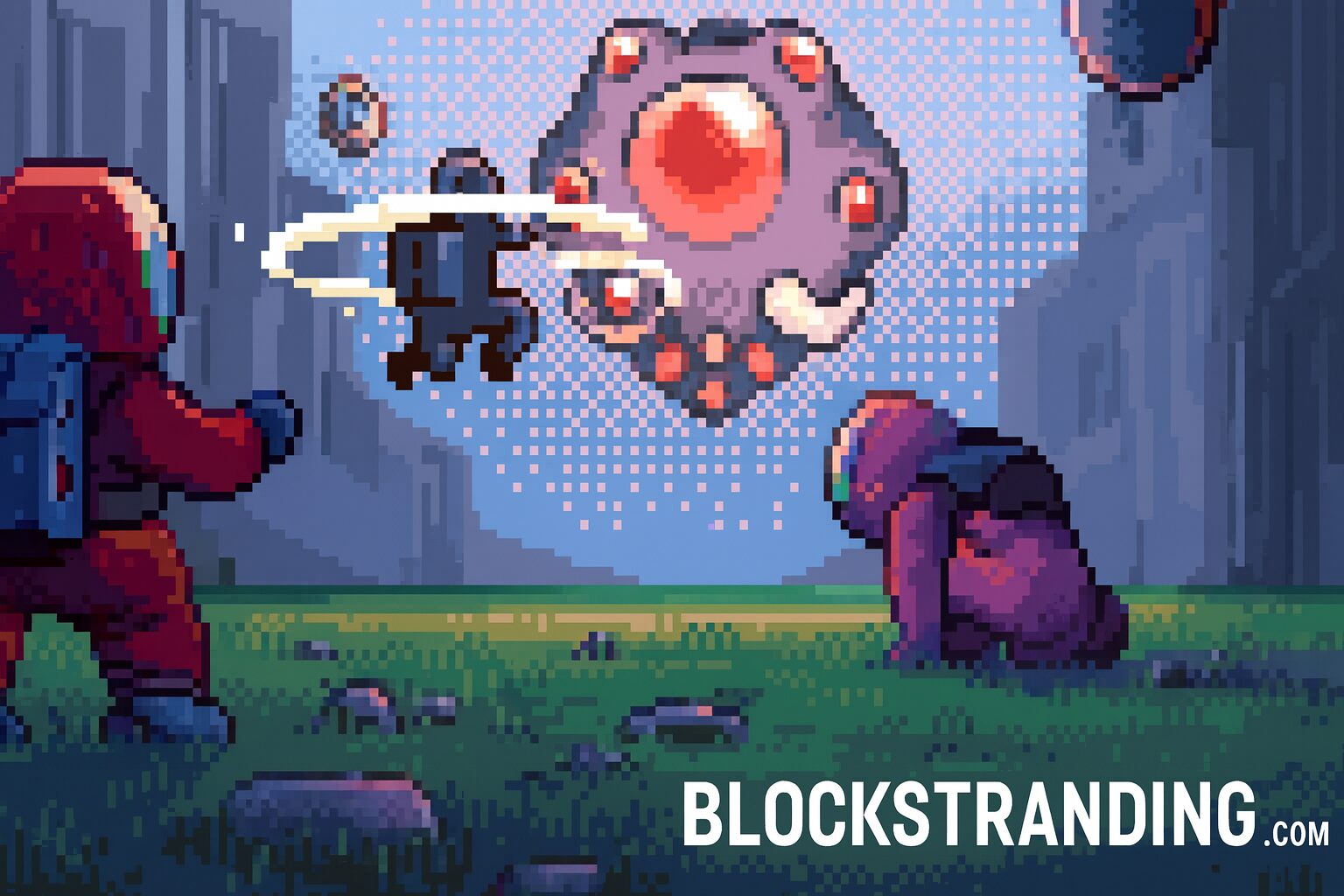
Massive Multiplayer Support: Solana’s scalability enables hundreds of concurrent players and over 100 TPS during stress tests, making large-scale, persistent worlds possible.
-
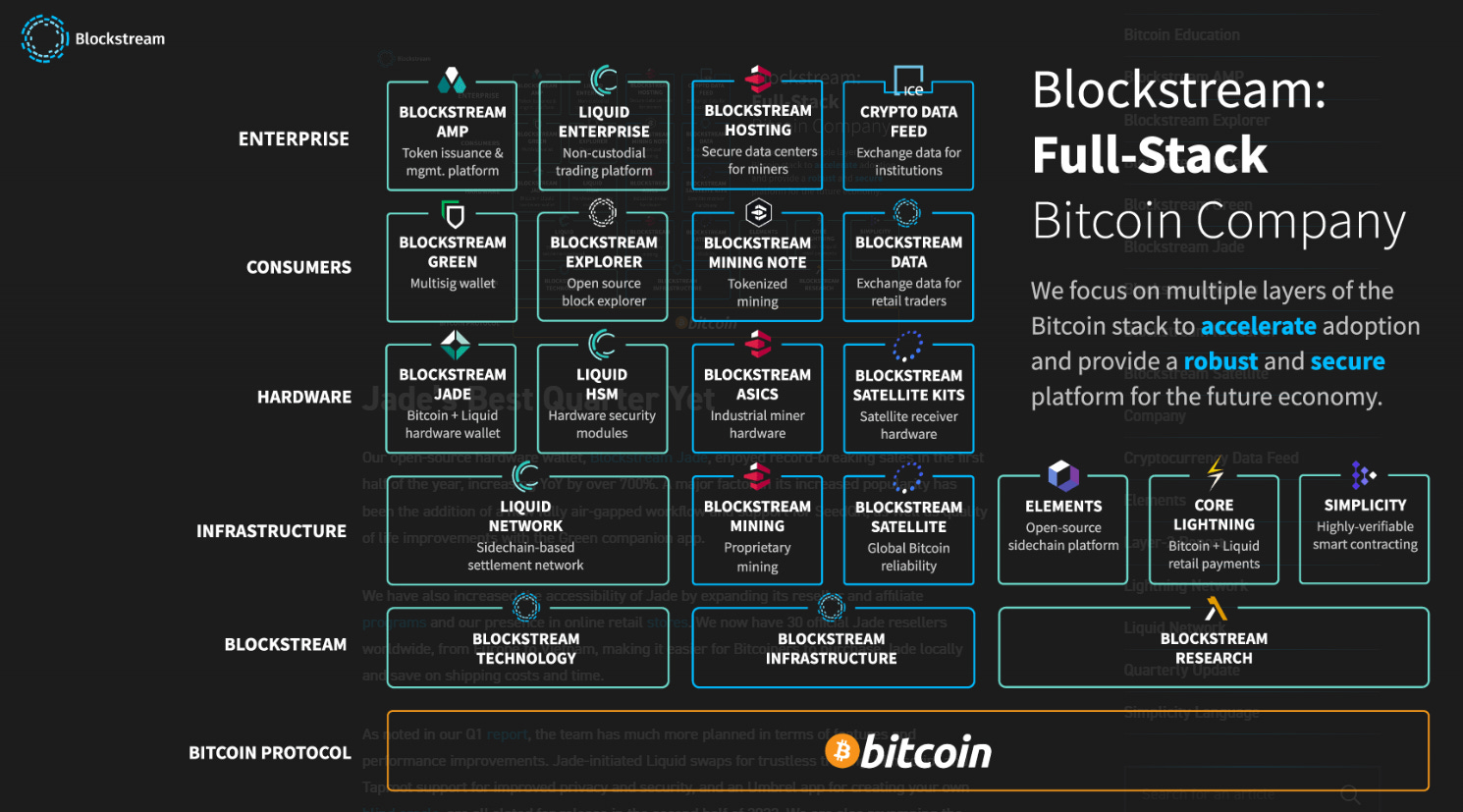
Fully On-Chain Mechanics: Every in-game move, trade, and event is recorded as a blockchain transaction, ensuring transparency, ownership, and verifiability for players.
-
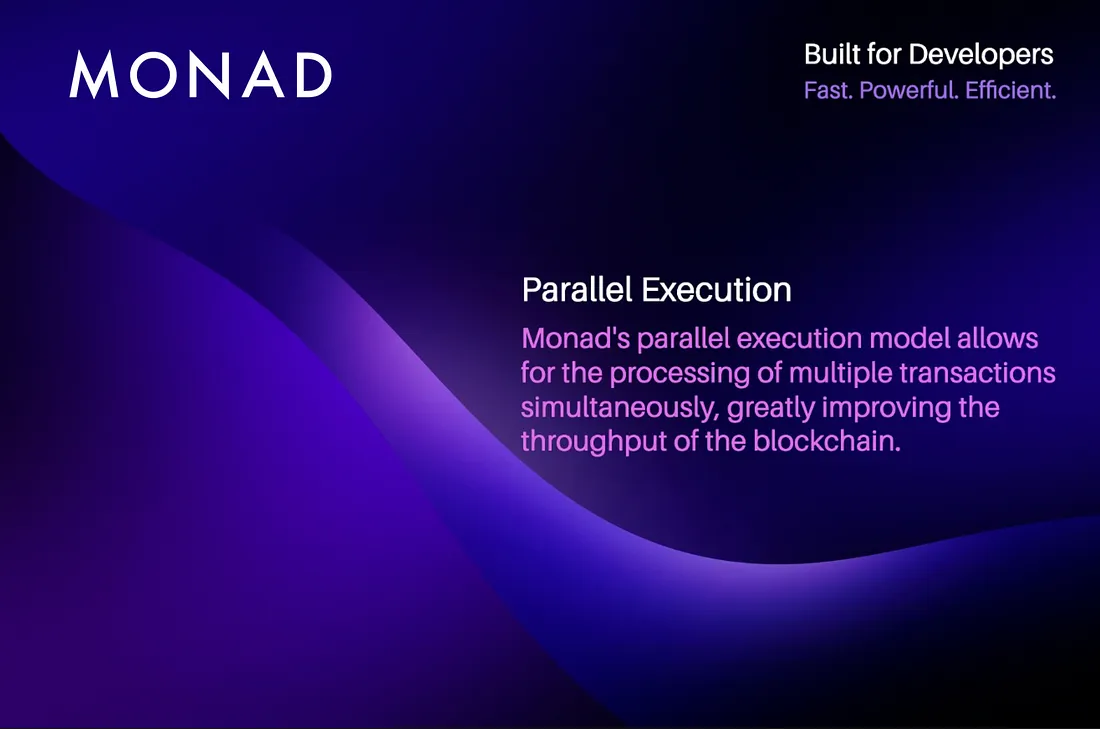
Parallel & Asynchronous Execution: Monad’s Layer 1 blockchain introduces parallel transaction processing and asynchronous block execution, supporting 10,000 TPS and sub-second block times for responsive gameplay.
-
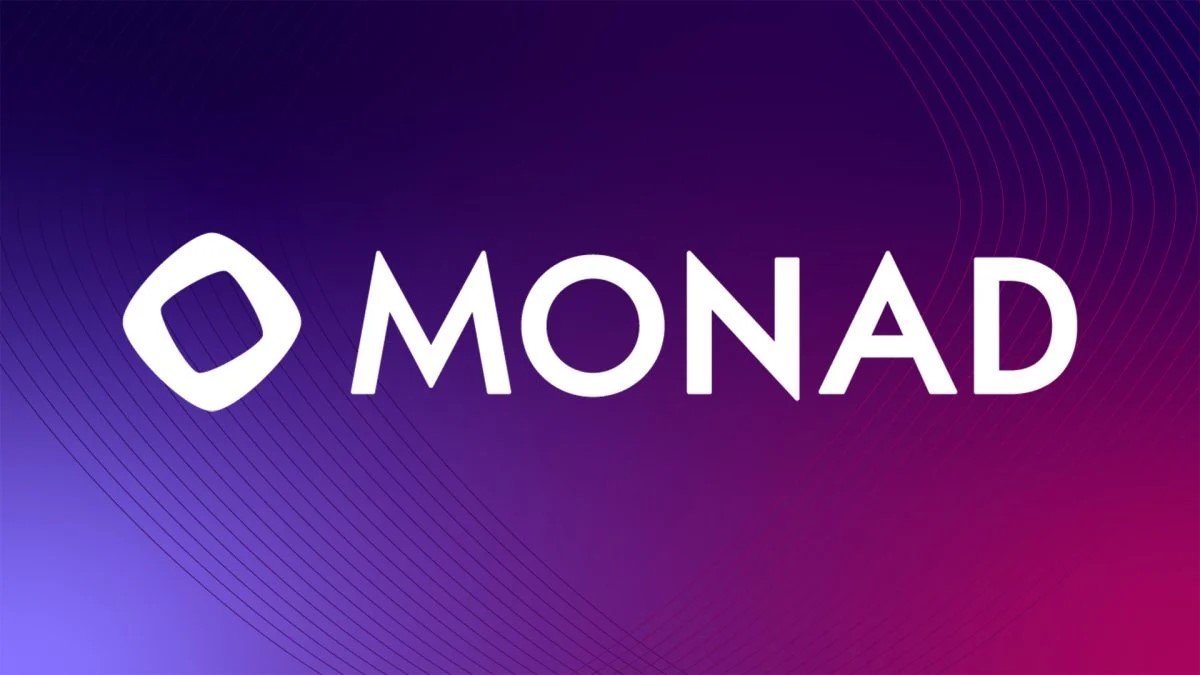
Single-Slot Finality & Low Latency: The MonadBFT consensus achieves finality in as little as 0.5 seconds, ensuring moves and actions confirm almost instantly for players.
-
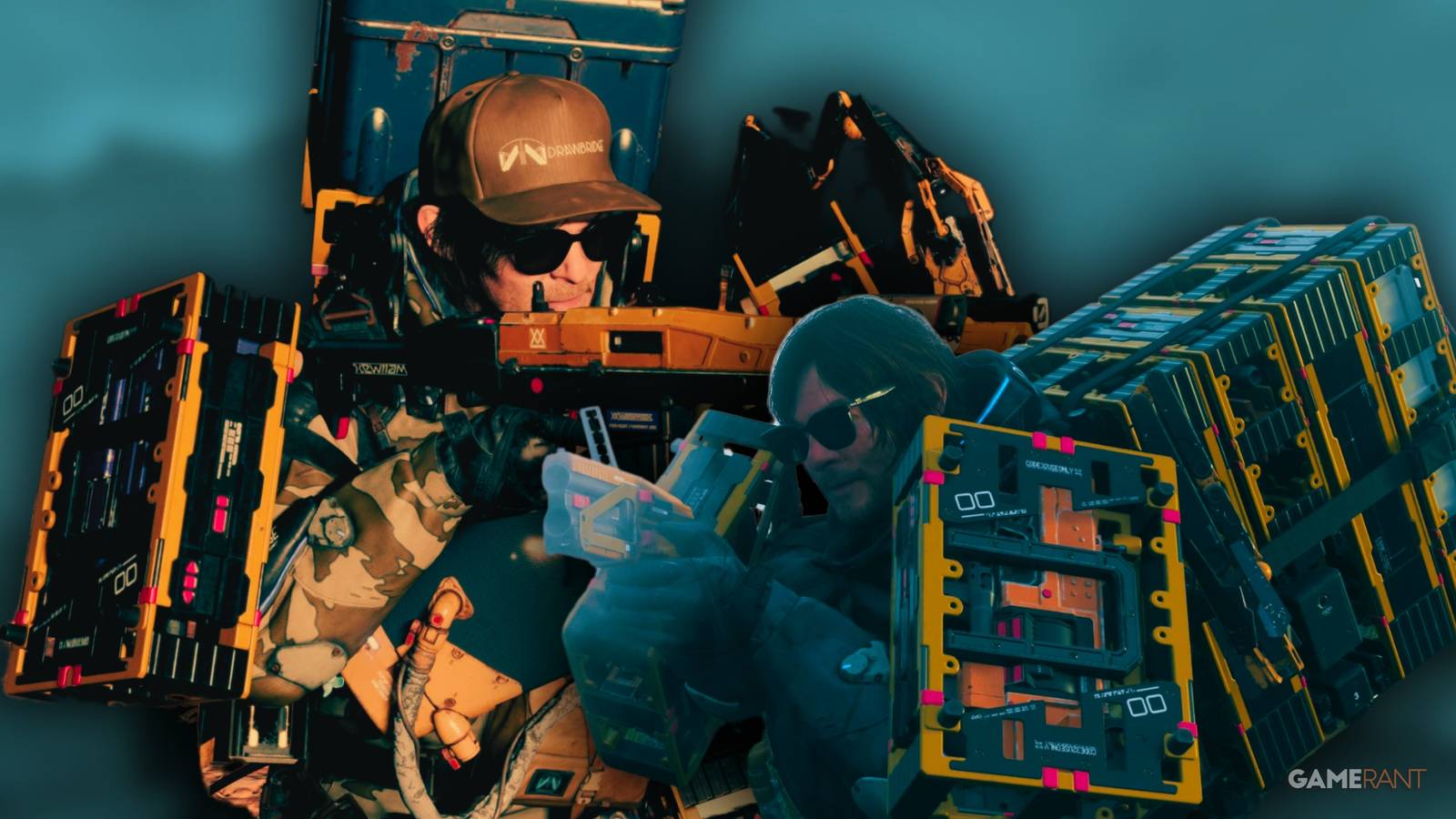
Gasless or Ultra-Low Cost Actions: Both platforms enable zero or minimal transaction fees, removing traditional blockchain cost barriers for players.
-
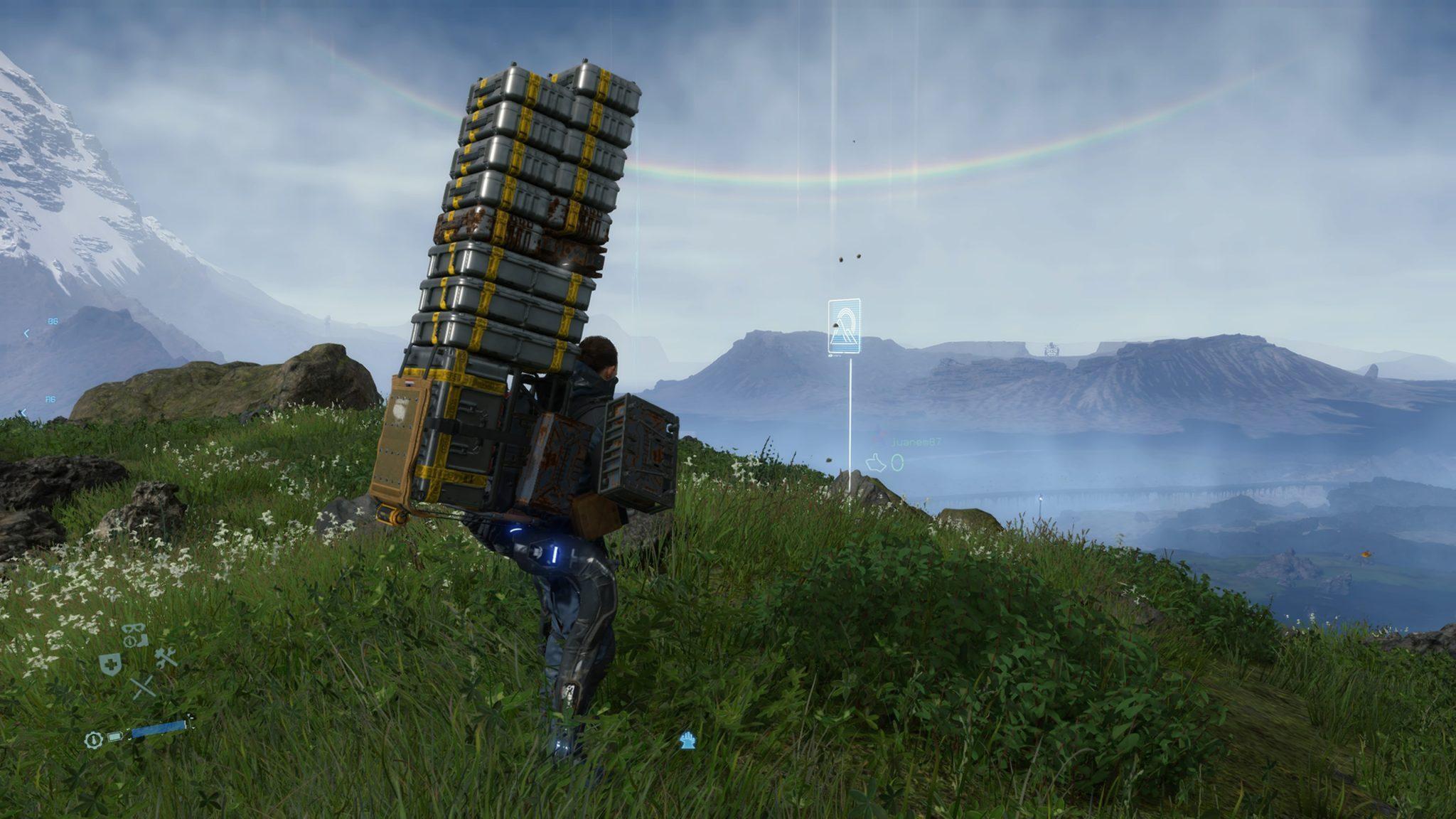
AI-Driven Testing & Adaptive Worlds: Block Stranding leverages AI stress tests and real-time world adjustments, pushing the boundaries of dynamic, on-chain environments.
-
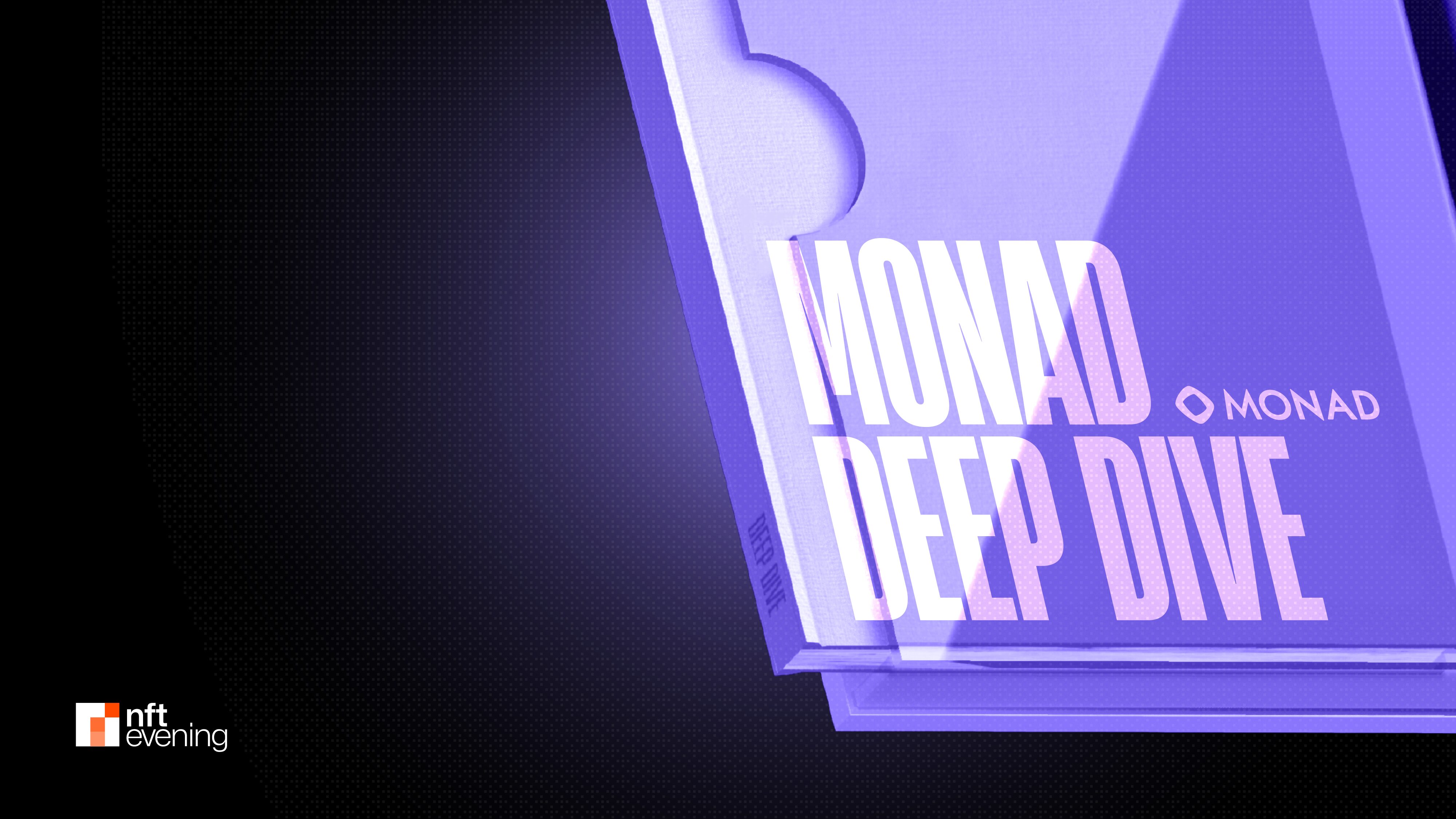
EVM Compatibility for Developers: Monad’s full EVM compatibility allows Ethereum-native games and assets to migrate or launch with high performance and low friction.
Meanwhile, Monad Games are paving the way for EVM-native devs who crave speed without centralization trade-offs. By letting transactions run in parallel and separating execution from consensus, Monad delivers a developer experience that feels Web2-fast but is fully Web3-native. This is especially vital for genres like card battlers and strategy games, where sub-second move confirmations aren’t just a luxury, they’re table stakes for mainstream adoption.
The implications are massive for both game economies and player communities. Imagine create-to-earn models where players mint unique items or design dungeons for others to conquer, all tracked and rewarded on-chain in real time. Or massive PvP events with thousands of participants, where every attack and defense is instantly settled and visible on the ledger. These aren’t distant dreams; they’re live or in public testnets right now.
What Does This Mean for Web3 Gaming?
If you’re an early adopter or builder in the space, here’s what stands out:
- No More Trust Gaps: Every action is provably fair and irreversible.
- True Digital Ownership: Your gear, land, and achievements are yours, forever.
- Open Economies: In-game assets can be freely traded or even integrated across other on-chain worlds.
- Mainstream-Ready UX: Sub-second confirmation times mean no more waiting around for your moves to settle.
The tech stack behind Block Stranding and Monad Games is setting a new bar for what’s possible, and what players should expect, from fully on-chain MMORPGs. As these worlds scale up and attract more users, we’ll likely see even more innovative mechanics: dynamic governance systems, player-run economies that rival DeFi protocols, and cross-game interoperability that blurs the lines between individual titles.
If you want to keep your finger on the pulse of where gaming meets the bleeding edge of blockchain scalability, projects like Block Stranding (on Solana) and Monad Games (on Monad) are must-watch territory. We’re witnessing the start of a new era where real-time on-chain game architecture isn’t just possible, it’s playable.



